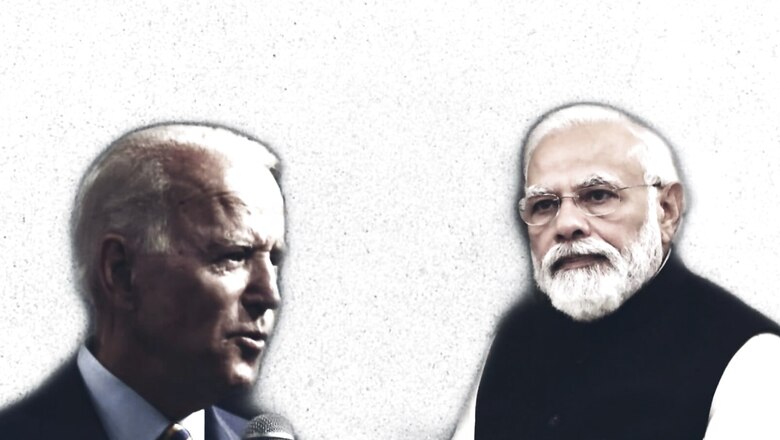
views
Even as the West has been pushing India to restrict trade with Russia to condemn its aggression against Ukraine, Europe continues to procure Russian oil and gas.
At least 75% of Russia’s total natural gas exports are to Organisation for Economic Co-operation and Development (OECD) Europe, which includes countries namely Germany, Italy and France.
European countries like the Netherlands, Italy, Poland, Finland, Lithuania and Romania are also large importers of Russian crude oil, said government sources.
Comparatively, Russia has been a marginal supplier of crude oil to India, contributing to less than 1% of the requirement, say sources. It is not among India’s top 10 sources for crude oil and also does not have a government-government (G2G) arrangement for import.
Notably, recent Western sanctions on Russia, too, have carve-outs to avoid impact on energy imports from Russia. Also, Russian banks, which are the main channels for European Union payments for Russian energy imports, have not been excluded from SWIFT – Society for Worldwide Interbank Financial Telecommunication messaging system, which is a critical tool for international banking.
India has not supported the Russian invasion of Ukraine. New Delhi has consistently asked all stakeholders to resolve differences through dialogue. It has, however, abstained in all United Nations resolutions against Russia.
THE ENERGY SCENARIO
India is highly dependent on imports to meet its energy requirements. Nearly 85% of our crude oil requirement has to be imported, most of which are from West Asia – 23% from Iraq, 18% from Saudi Arabia, and 11% from UAE, said a government source.
The United States has also now become an important crude oil source for India, making up for 7.3% of the imports. Imports from the US are expected to increase substantially in the current year, probably by around 11%.
“Geopolitical developments have posed significant challenges to India’s energy security. India had to stop sourcing from Iran and Venezuela and alternative sources often come at a higher cost. The jump in oil prices after the Ukraine conflict has now added to our challenges. The pressure for competitive sourcing has naturally increased,” said the source.
Moscow has reportedly offered crude oil and other commodities at a discount to New Delhi, at a time when the Russian economy has been hit hard by sanctions imposed by the US.
Responding to it, the White House has said that taking up Russia’s offer would not be a violation of American sanctions by India.
“But also think about where you want to stand when history books are written at this moment in time. Support for the Russian leadership is support for an invasion that obviously is having a devastating impact,” White House Press Secretary Jen Psaki told reporters at her daily news conference on Tuesday.
However, the US’s NATO allies are importing increasing amounts of Russian gas since the Ukraine war began. A total of 40% of Europe’s natural gas, 34% of its oil and 45% of its coal come from Russia. Add to that Germany’s 50-75% dependence on Russian gas.
“India’s legitimate energy transactions should not be politicised. India has to keep focusing on competitive energy sources. We welcome offers from all producers. Indian traders, too, operate in global energy markets to explore the best options. Countries with oil self-sufficiency or those importing from Russia themselves can’t credibly advocate restrictive trading,” said the government source.
Read the Latest News and Breaking News here















Comments
0 comment